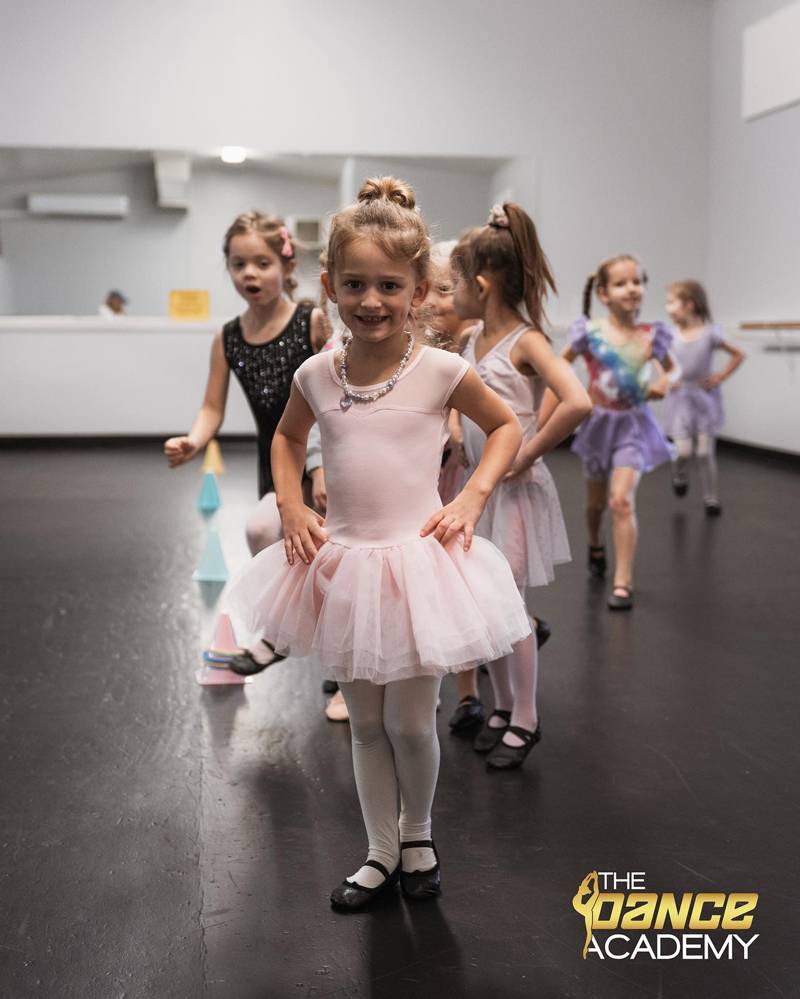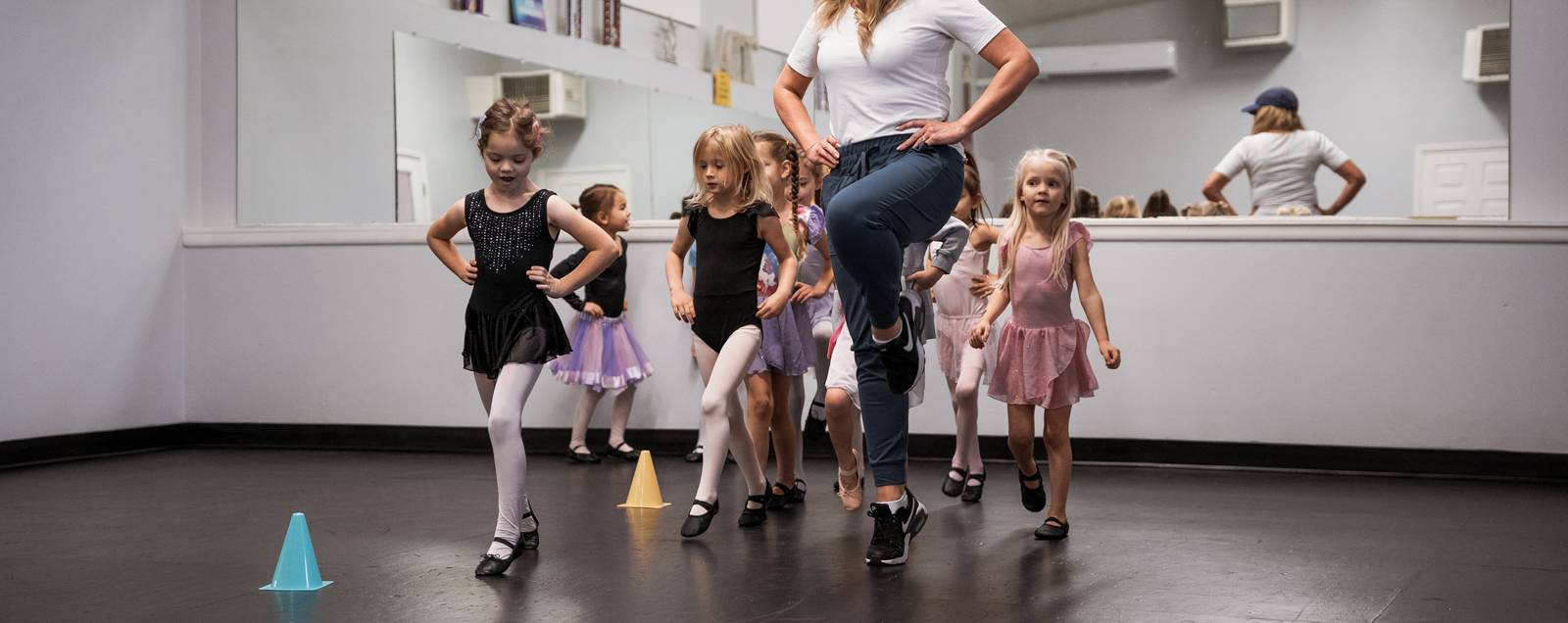Toddlers and Dance: Why Start Now?
With arts provision shrinking in our mainstream schools, more and more parents are looking for quality, performing art classes for their children. The Dance Academy has been delivering dance opportunities for children for over 25 years and has seen the development of skills and confidence in thousands of children.
There are the obvious benefits of studying dance; reduced obesity, a fun source of exercise, healthy blood pressure and cholesterol levels, and helping to maintain a balanced lifestyle. There is clinically significant evidence that children who participate actively in the performing arts spend less time sitting in front of a computer screen playing games and therefore are at less of a risk of developing health problems. Children who spend more than two hours a day on screen related pastimes are at a high risk of developing health issues, such as obesity.
Physical Health Benefits of Dance for Toddlers
- Improved condition of heart and lungs
- Increased muscular strength, endurance and aerobic fitness
- Greater coordination
- Better agility
- Better flexibility
- Healthy blood pressure
- Improved overall balance
- Improved spatial awareness
Non-physical Health Benefits of Dance for Toddlers
- Increased overall physical confidence
- Improved general and psychological well being
- Increased self-confidence
- Greater self-esteem
- Generate self-motivation
- Improved mental dexterity
- Better social skills
Stimulate a Toddlers Creativity and Improve Their Overall Well-Being
While dance is a good source of fun exercise for young children, it is also a creative outlet. Fun exercise is certainly important, but providing a child the opportunity to hone in on their creativity is imperative. Channeling their creativity is a key skill they will build upon for the rest of their lives.
Dancing can make a person feel physically refreshed and improve their mood, tackling serious issues including anxiety and depression. Group dancing is a tool to release daily stress, a distraction from everyday worries and an outlet for imagination and emotion.

Develop Positive Physical Habits at a Younger Age
There are physical benefits of partaking in dance classes as a child. Through dance, children develop a greater range of movement whilst developing the ability to work within different spaces. They learn to interpret the effect their movement has on the world around them. Dancing also improves a child’s coordination, especially at a time when they are rapidly developing in an ever-changing and evolving environment.
Good coordination is vital in developing skills learnt in other parts of life, such as learning to ride a bike and learning how to multitask successfully. Dance and movement patterns also develop kinesthetic memory. It also develops strength and endurance from an early age. This creates a solid platform for the child’s physical development and level of fitness.
Building Social Skills
Learning to socialize with others from a young age is a vital part of a child’s cognitive development. The ability to express emotion comfortably in front of others shows mental maturity. Learning to do so through movement and dance provides a safe gateway for young children to explore.
Performing arts activities bring together children from a variety of backgrounds and personalities; creating an environment outside of the habitat a child is accustomed to. Children are forced to learn to adapt and communicate in new ways. By navigating this new environment through creativity, children learn to build trust and effective relationships.
Building Self Confidence
In a study of children aged 5-7 years (November 2019) it was found that, on average, 82% of parents felt that their child’s confidence levels improved as a result of attending art/dance lessons. In the same study, parents were asked why they have decided to send their children to a performance arts school. The second most popular response was ‘That it would build my child’s confidence’. The feedback from this study supports the belief that dance is an important tool to use to build a child’s confidence. The participants of the study did mention learning to dance as a reason for sending their child to a dance school/academy, the focus was much more on the development of interpersonal skills, predominantly confidence.
The Dance Academy
The Best Place for Toddlers to Develop Dance Skills and More
The study of the performing arts allows children to explore and express themselves freely. For instance, it can help a child develop a better understanding of themselves, both physically and mentally, as well as understanding others and the world around them. It encourages children to use their own imagination and ideas to organically grow and create.
The impact of creative learning on children is enormous. It promotes the importance of teamwork and social inclusion in a subtle but direct manner. At The Dance Academy, we believe that empowering our students through the art of dance will lead to greater confidence, creativity, and overall joy and fulfillment.
